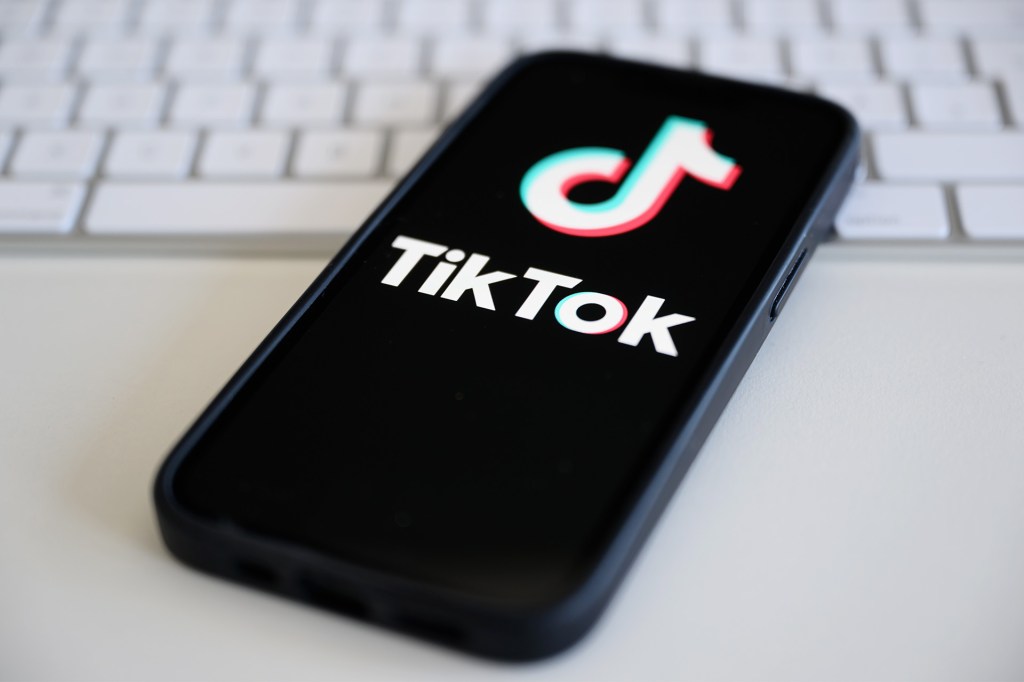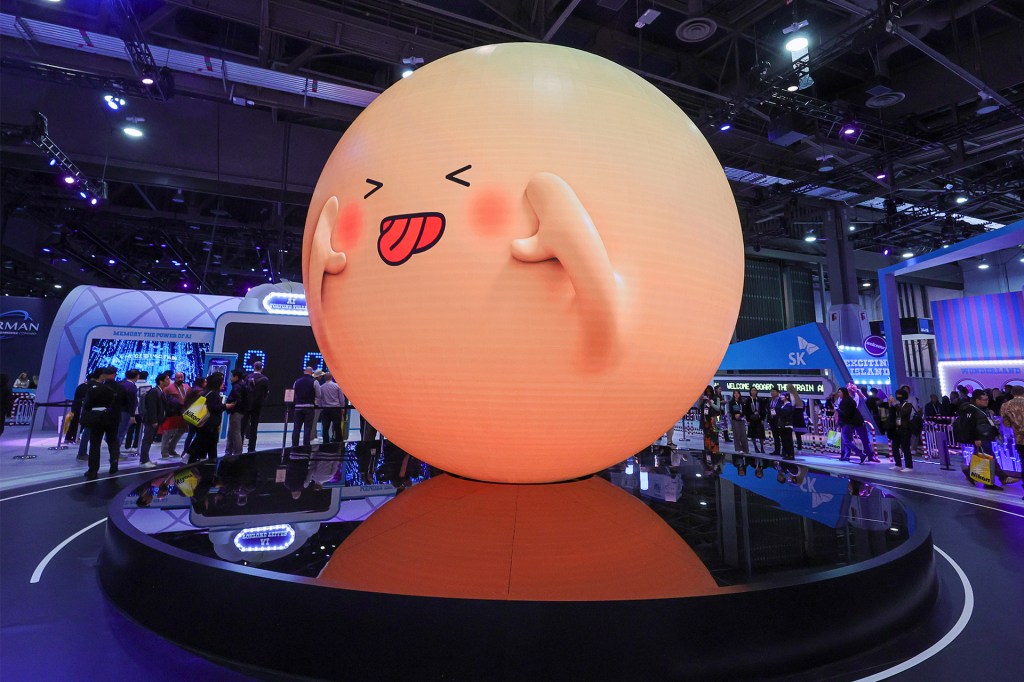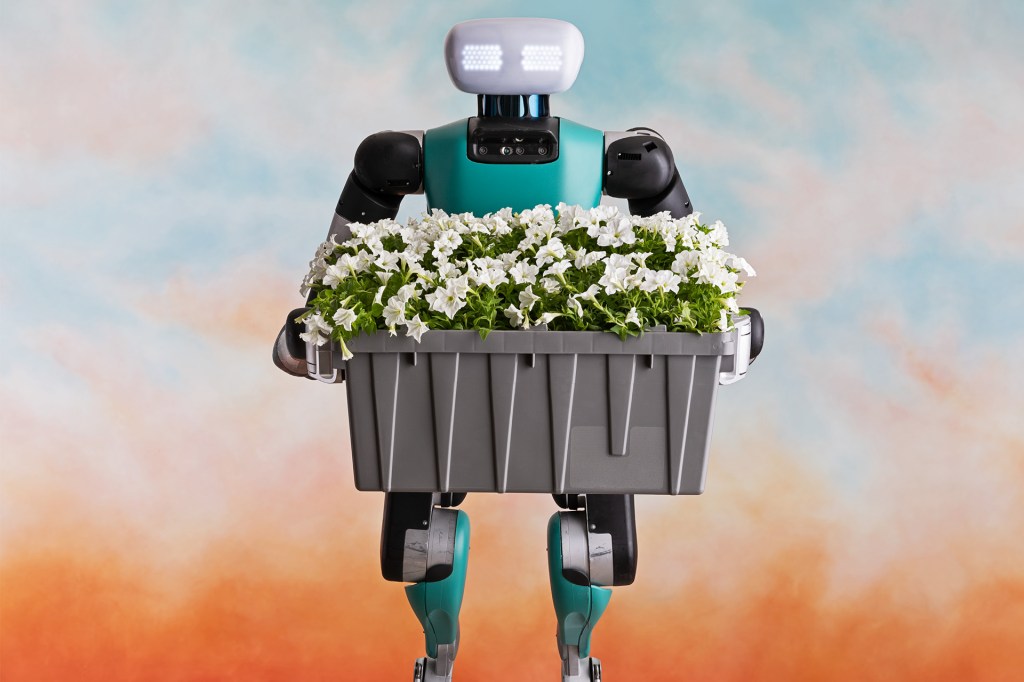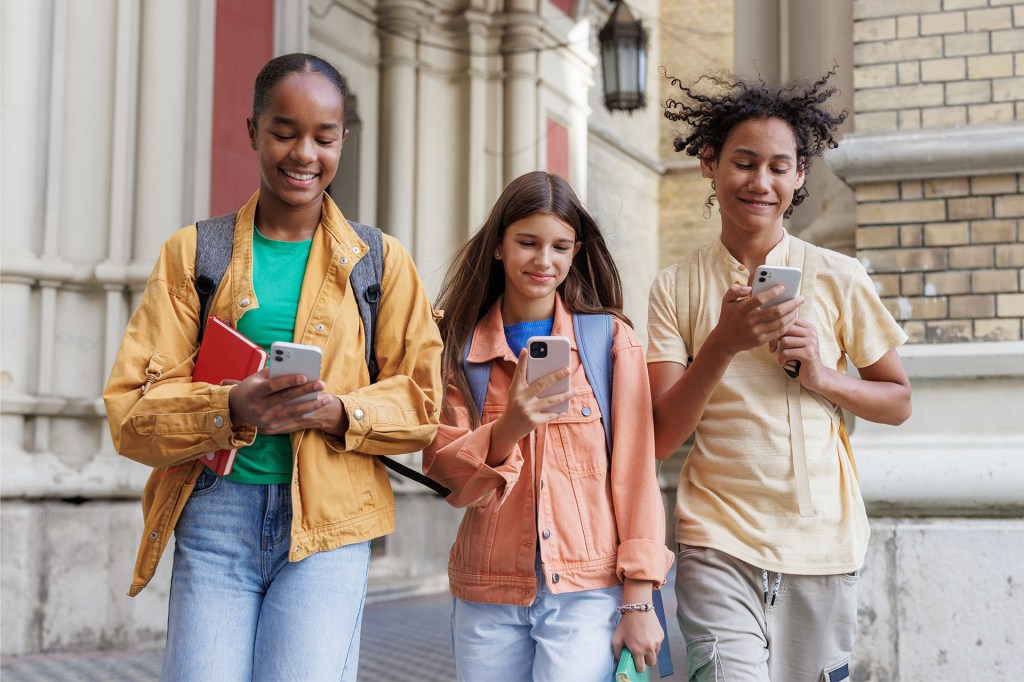Friend or Foe?
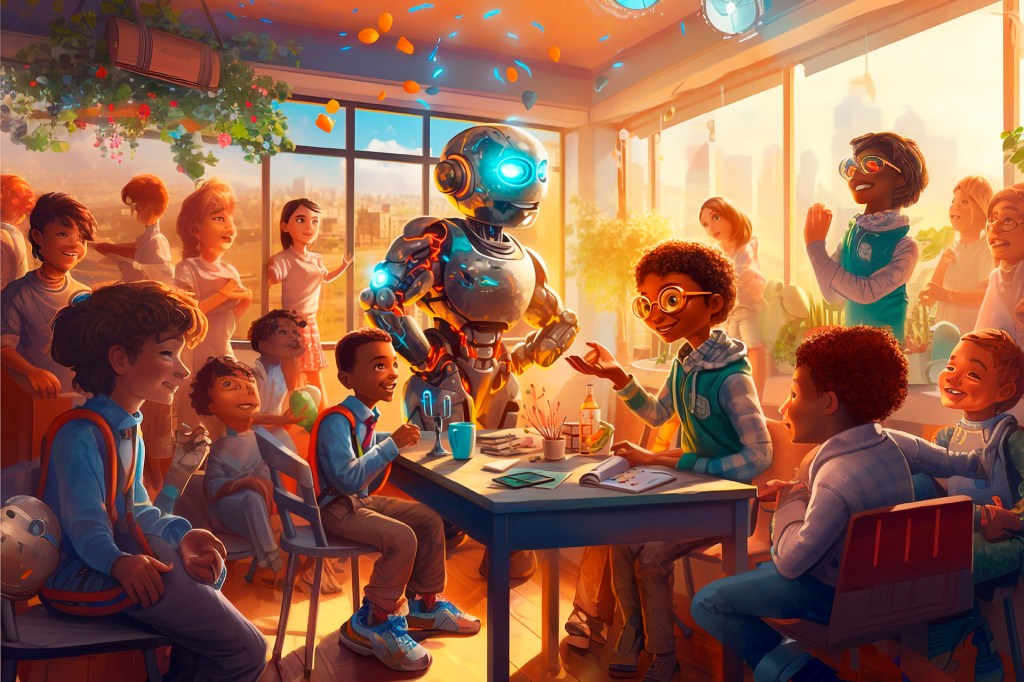
Peter Paccone is a teacher. He works in San Marino, California. This year, he has a new classroom aid. Paccone plans to let his aid explain simple topics to his high schoolers. This will free up time for Paccone to focus on tougher stuff.
His new assistant is ChatGPT.
“What I feel that I don’t have to do any longer is cover all the content,” Paccone told educators in a workshop in May. He’s one of many teachers who have been experimenting with AI in the classroom.
ChatGPT is a chatbot. It was made by OpenAI. This year, the company’s website became one of the world’s 50 most-visited. People ask the chatbot a question. It produces an answer that reads like an essay. Students and teachers are considering the implications implication a possible effect (noun) Josie hadn't considered the implications of putting off her homework until Sunday night. of this as a new school year begins.
A New Tool
Some school districts have banned ChatGPT. They need time to make rules about it. Teachers “see [it] as a cheating tool,” says Rachael Rankin. She’s a principal in Newton Falls, Ohio.
But a growing number of educators say it’s too late to keep AI out of their classrooms. Randi Weingarten is one of them. She’s president of the American Federation of Teachers. She says the panic about AI is like the panic caused by calculators when they were new. ChatGPT, Weingarten says, “is to English and to writing [what] the calculator is to math.”
In a recent Walton Family Foundation survey, 33% of teachers said ChatGPT helped them come up with “creative ideas for classes.” Students in Gig Harbor, Washington, used it to write math raps. In Scotland, a teacher used ChatGPT to simplify texts for students not fluent in English.
ChatGPT doesn’t always get things right. (See “Far from Perfect.”) But teachers say this can engage students. Some teachers are asking kids to fact-check essays made by the program. Sarah Millard is a teacher in Rochester, Michigan. She had students critique critique to review or examine something critically (verb) The reviewer critiqued the movie after the premiere. a ChatGPT essay on Shakespeare’s Romeo and Juliet. “They have never been so engaged in writing,” Millard says.
Impact Unknown
It’s not clear how much AI will change schooling. Some say it’s a revolution. “There’s a tidal wave coming,” according to Dan Fitzpatrick. He runs a Facebook group devoted to AI. Others say AI won’t have a huge impact. “AI is certainly not, in my opinion, some kind of enormous breakthrough that’s going to transform education,” says Chris Dede of the Harvard Graduate School of Education.
For Millard, one thing is true: There’s no replacing human connection. “I’ve been to former students’ weddings,” she says. “I’ve high-fived my students. I’ve cried with my students. A computer will never do that.”
Far from Perfect
Text generated by ChatGPT is rarely perfect. It often contains factual errors. It can get the formatting wrong. The tone can be off. And it can contain bias from the data used to train it. “What’s going to be less represented are the perspectives, knowledge, and experiences of underrepresented communities,” Ezekiel Dixon-Román says. He’s director of the Edmund W. Gordon Institute for Urban and Minority Education.
Some educators say allowing the use of AI for schoolwork will lead to an unfair situation. They say it will benefit some students over others. Only those with access to a high-speed Internet connection will be able to use AI consistently. Many students do not have that access.





